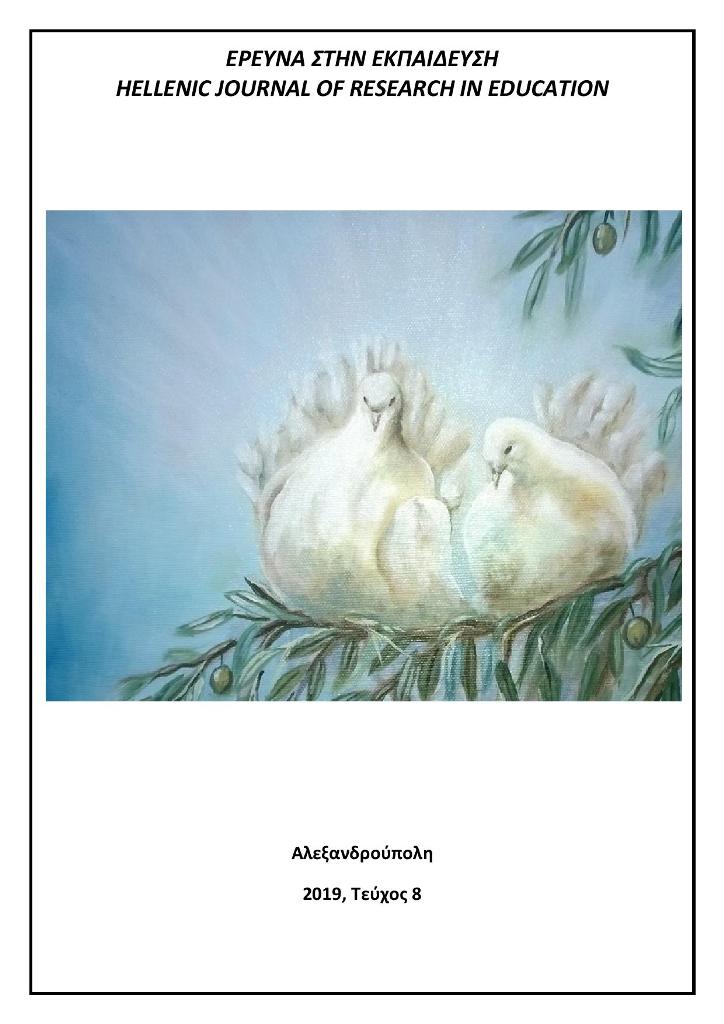The Logic Model: a modeling methodology and programme assessment with many possibilities

Abstract
This paper results from the findings of the research conducted during my PhD. The dissertation had as issue the teachers who are involved in Health Education and/or Sexual Education projects in Greek Schools. One of the key results relates to inadequate or non-existent education / training of teachers in the planning and implementation of projects in general. The finding is that the programs are implemented in an improvised manner or random and in any case with a low efficiency. As a result of previous findings, in this text we aim to present and analyze a design tool and implementation of educational programs, the "logic model", which could contribute to improving of the previous failure. This is a model internationally recognized and highly used that could help active teachers to better programming, implementing and evaluating projects within their school unit.
Article Details
- How to Cite
-
Φρούντα Μ. (2014). The Logic Model: a modeling methodology and programme assessment with many possibilities. Hellenic Journal of Research in Education, 2, 183–204. https://doi.org/10.12681/hjre.8842
- Issue
- Vol. 2 (2014)
- Section
- Articles

This work is licensed under a Creative Commons Attribution-NonCommercial-ShareAlike 4.0 International License.
Authors who publish with this journal agree to the following terms:
- Authors retain copyright and grant the journal right of first publication with the work simultaneously licensed under a CC-BY-NC-SA that allows others to share the work with an acknowledgement of the work's authorship and initial publication in this journal.
- Authors are able to enter into separate, additional contractual arrangements for the non-exclusive distribution of the journal's published version of the work (e.g. post it to an institutional repository or publish it in a book), with an acknowledgement of its initial publication in this journal.
- Authors are permitted and encouraged to post their work online (preferably in institutional repositories or on their website) prior to and during the submission process, as it can lead to productive exchanges, as well as earlier and greater citation of published work (See The Effect of Open Access).




